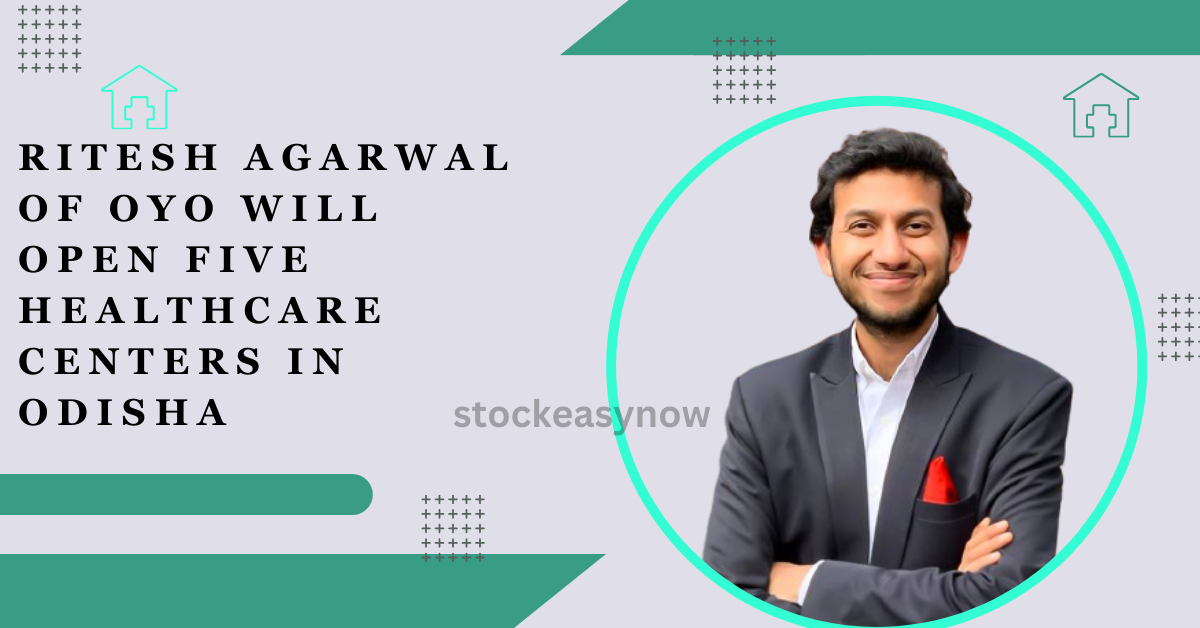Ritesh Agarwal, the founder and CEO of travel-tech platform OYO, has announced the opening of five healthcare centers in Odisha over the next year.
The centers will be run by ‘Last Mile Care,’ a health-tech startup that already operates 11 health centers in India.
As we navigate the ever-changing healthcare landscape, collaboration among healthcare providers, tech innovators, policymakers, and communities is critical, Agarwal said. We are helping to ensure that quality medical services are available to everyone by creating an environment that encourages innovation and investing in initiatives like these.
In an official statement, the company stated that it would provide free doctor consultations for the first three months, as well as discounted treatment and medication for everyone for the first six months. However, no details on any charitable treatments after the first six months have been provided.
It is unclear whether the treatments or medications will be free or discounted during the first three months.
The budget for establishing these five healthcare centers has not been disclosed by the company.
A team of doctors specializing in gynecology, eye diseases, and heart diseases will staff the centers. According to the company, a pharmacy will be available to provide patients with complete healthcare solutions. Preventive care, diagnostic services, primary healthcare services, minor illness treatment, professional consultation, referral services, low-cost medication, and digital health record facilities are among the services provided.
The Ramesh and Bela Agarwal Healthcare Center was opened by Jagannath Saraka, the state minister for SC & ST Development, Minorities, Backward Class Welfare, and Law. The center is named after Ritesh Agarwal’s parents, Ramesh and Bela Agarwal.
The company expressed that the intentional positioning of these centers is designed to extend coverage to areas facing restricted access to healthcare facilities. This initiative aims to narrow the disparity between healthcare services and marginalized populations.





